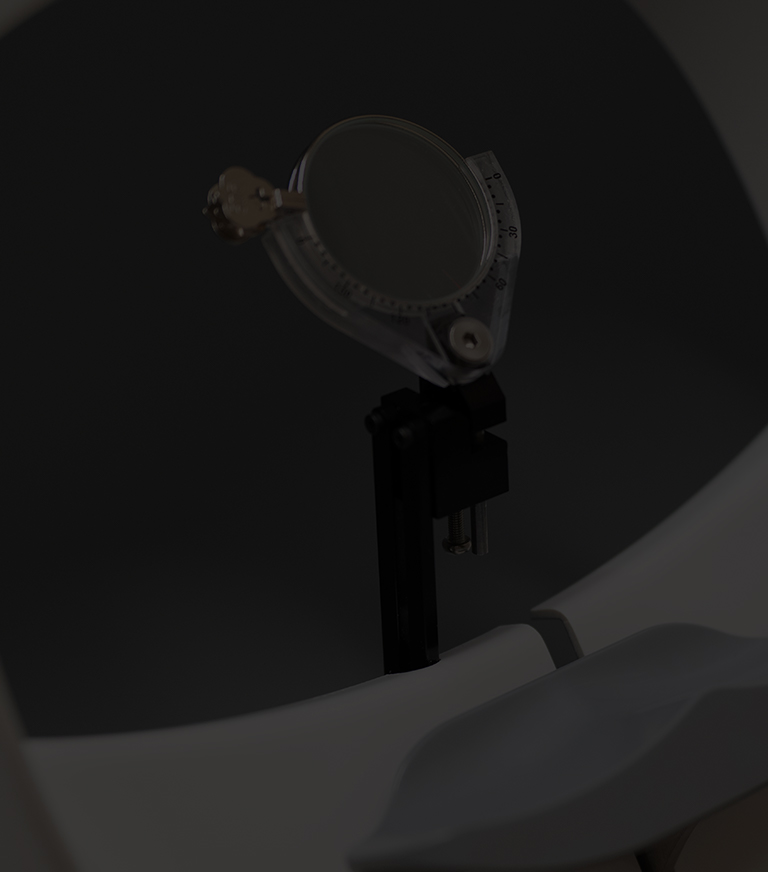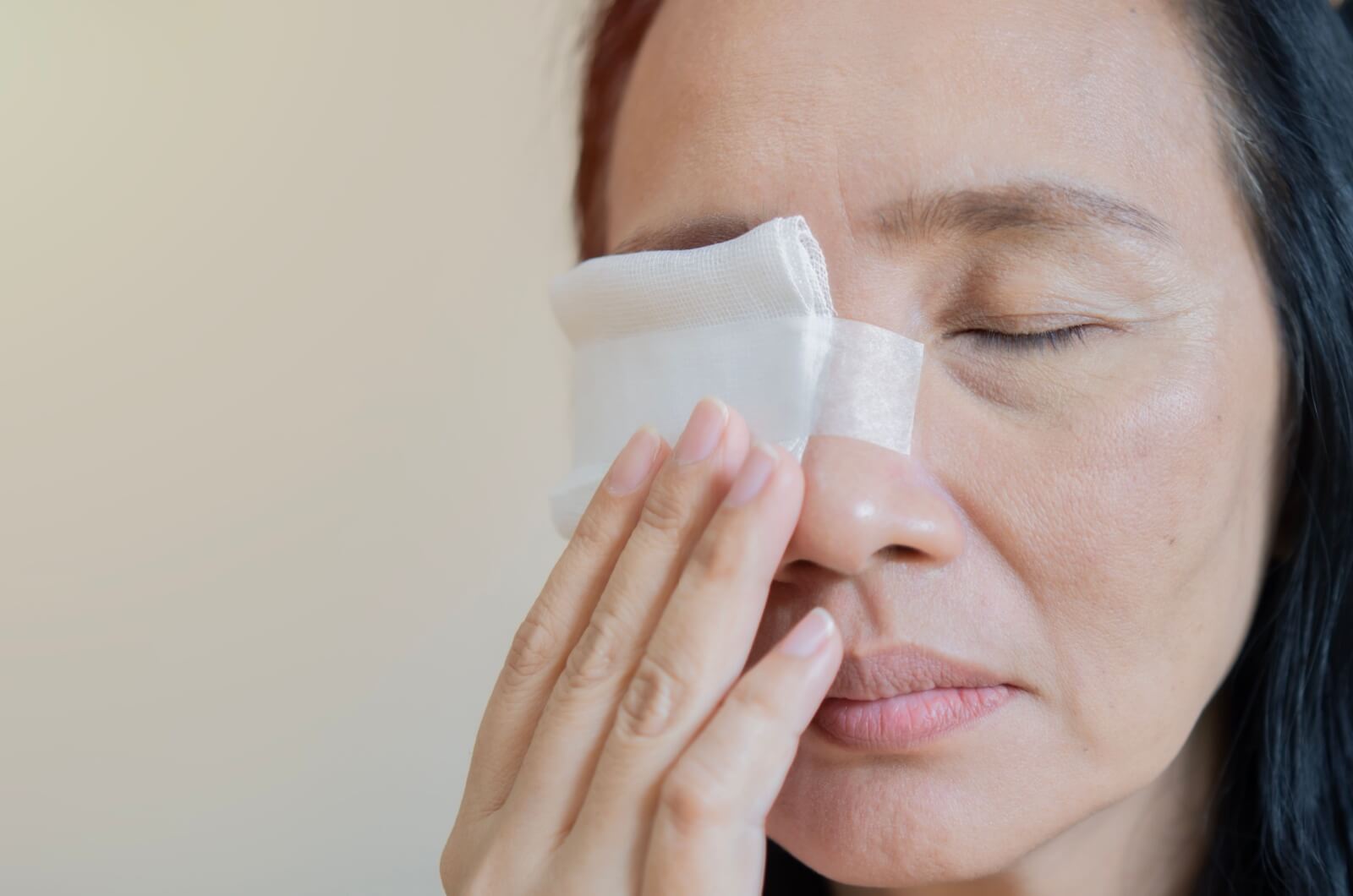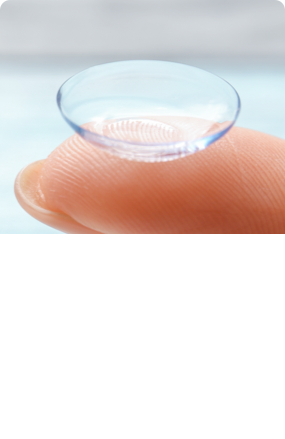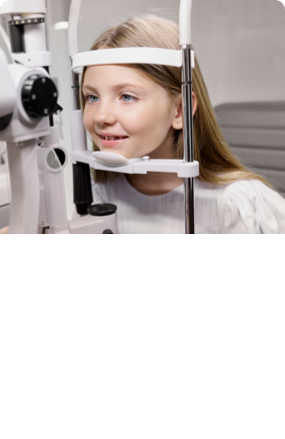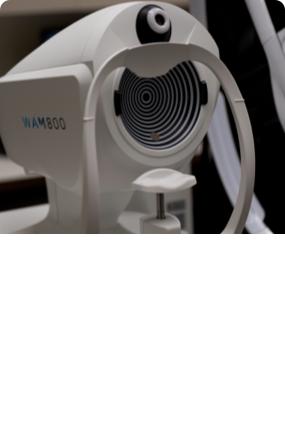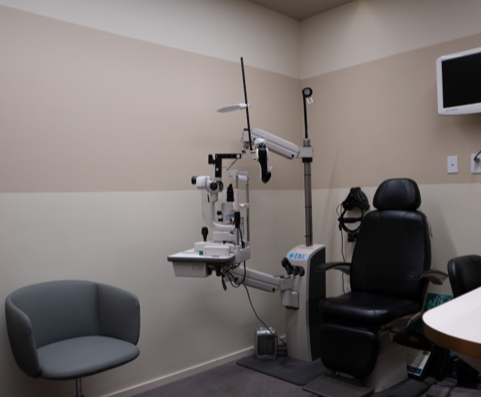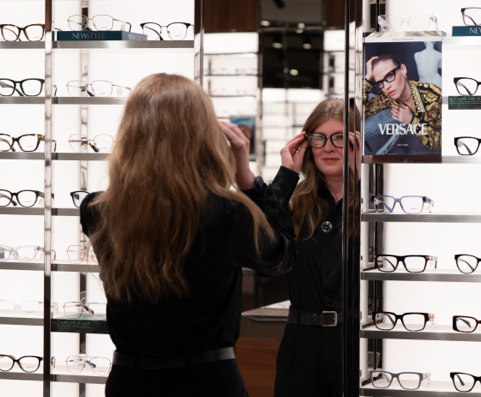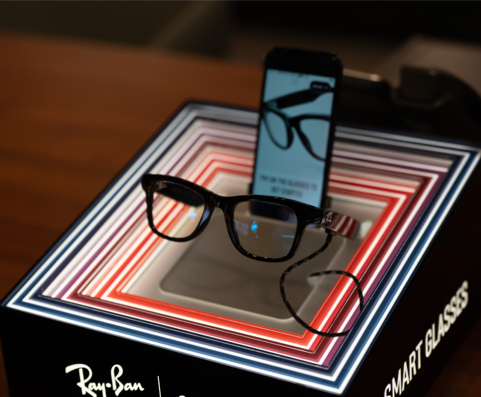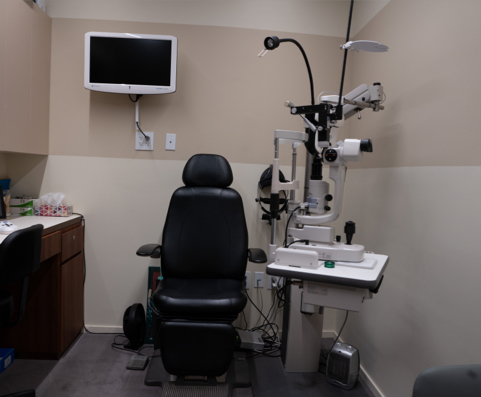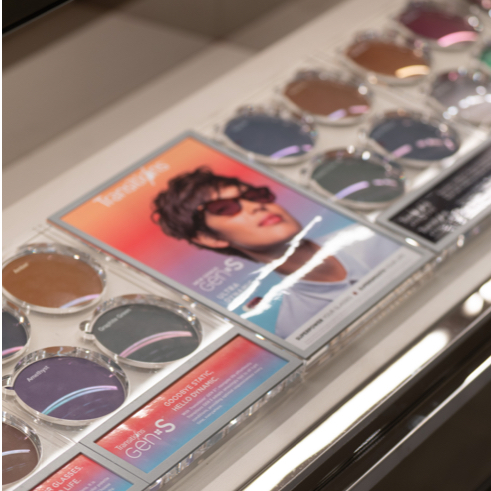Eye emergencies can happen unexpectedly and may range from minor irritations to severe conditions that require immediate attention. Recognizing the symptoms and knowing how to respond can protect your vision and overall eye health. Here’s a comprehensive look at common types of eye emergencies, and what you should do if you or someone else experiences one.
Foreign Objects in the Eye
One of the most common eye emergencies involves foreign bodies, such as dirt, dust, or metal particles, becoming lodged in the eye. While a minor irritant may cause temporary discomfort, larger objects or sharp materials can cause significant damage if not treated properly. If you have a foreign object in your eye:
- Do not rub your eye: This can cause the object to scratch or damage your cornea.
- Flush with water: Use clean water or saline solution to gently rinse the eye.
- Seek medical attention: If the object is embedded or if flushing does not resolve the issue, contact an eye care professional like Orchard Park Optometry immediately.
Chemical Burns
Chemical exposure, whether from household cleaners, industrial products, or other substances, can cause chemical burns to the eye. This type of injury can be incredibly painful and may result in long-term damage if not treated promptly. Symptoms include severe pain, redness, and blurred vision.
- Rinse the eye immediately: Use lukewarm water or saline solution to rinse the affected eye for at least 15-20 minutes. Avoid using any other chemicals or solutions unless directed by a medical professional.
- Seek emergency care: After flushing the eye, visit an emergency eye clinic or hospital to assess the damage.
Blunt Trauma
Blunt force trauma to the eye, caused by an accident or impact, can result in serious injuries such as bruising (black eye), fractured bones around the eye (orbital fracture), or more severe issues like a detached retina. If you or someone experiences blunt trauma:
- Apply a cold compress: Reduce swelling and bruising by applying a cold compress to the area around the eye.
- Avoid pressure: Do not apply direct pressure to the eye itself.
- Watch for symptoms: Signs of a more serious injury include blurred vision, loss of vision, blood in the eye, or severe pain. Seek immediate eyecare or medical attention if these occur.
Sudden Vision Loss
A sudden loss of vision, whether in one or both eyes, is always a medical emergency. It can be caused by a variety of issues, including retinal detachment, stroke, or an optic nerve problem. Symptoms to watch for include:
- Blurry or shadowed vision
- Dark curtains over vision: This can indicate retinal detachment.
- Complete blindness
Immediate treatment is crucial to prevent permanent vision loss. Contact an eye doctor or visit an emergency room as soon as symptoms appear.
Corneal Abrasion
A corneal abrasion is a scratch on the surface of the eye, often caused by a foreign object, contact lenses, or rubbing the eye. Though they may seem minor, abrasions can be painful and increase the risk of infection.
- Avoid rubbing the eye: This can worsen the scratch.
- Flush with water: Rinse the eye with clean water or saline.
- See an eye care professional: While small scratches may heal on their own, larger or more painful abrasions should be checked by an eyecare professional like the doctors at Orchard Park Optometry. We have treatment options that can provide immediate relief when you’re in pain, and help to reduce the long-term risks of vision loss associated with corneal scarring.
Eye Infections
Infections such as conjunctivitis (pink eye) or more severe infections like keratitis can cause redness, swelling, discharge, and pain. Infections can occur from bacteria, viruses, or fungi and may result from contaminated contact lenses, dirty hands, or exposure to harmful environments.
- Do not share personal items: Towels, pillowcases, or makeup can spread infection.
- Seek medical treatment: Prescription medications, such as antibiotic or antiviral eye drops, may be necessary to clear up the infection. It is better to get medications prescribed by an eye doctor, rather than sold over-the-counter or recommended by a pharmacist (who is not a real clinical physician).
Flashes and Floaters
Floaters (small specks or strings in your vision) are common and often harmless. However, if you suddenly notice a large number of floaters, or if they are accompanied by flashes of light, this could be a sign of a retinal detachment or tear, which requires immediate medical attention.
- Contact an eye care professional like your optometrist or go to Urgent Care/Emergency: Retinal detachment is a serious condition that can lead to permanent vision loss if not treated promptly.
Bleeding in the Eye (Hyphema)
A hyphema occurs when there is bleeding in the space between the cornea and the iris, typically caused by trauma. Symptoms include pain, sensitivity to light, and blurred vision. A hyphema requires prompt treatment to prevent increased eye pressure and potential vision loss.
- Rest and elevate your head: Keeping your head elevated can reduce pressure in the eye.
- Seek emergency care: A hyphema can lead to complications such as glaucoma, so it’s crucial to get immediate medical help.
Open Wounds or Cuts
Cuts or punctures to the eye area are serious emergencies that require immediate medical intervention. These injuries can happen due to accidents, falls, or sharp objects, and may affect the eyelid or the eye itself.
- Do not attempt to remove objects: If an object is embedded in the eye, do not try to remove it.
- Cover the eye: Use a clean cloth or gauze to cover the eye without applying pressure.
- Go to the emergency room: Prompt treatment is necessary to prevent further damage and infection.
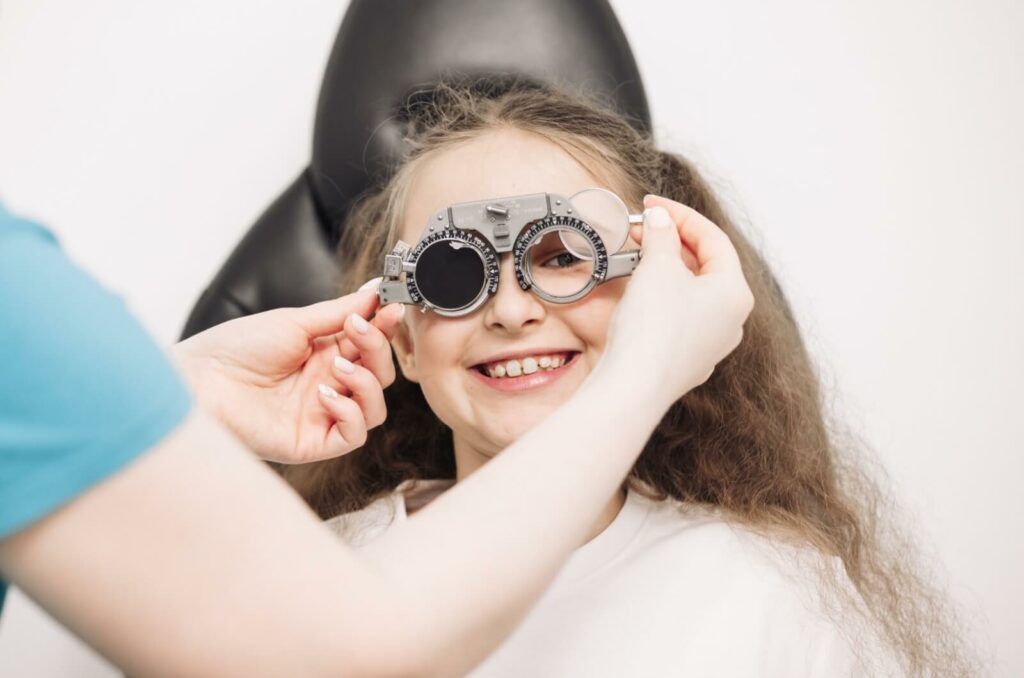
Eye emergencies can range from minor irritations to life-threatening conditions. Knowing how to respond quickly can save your vision. If you experience any unusual symptoms like sudden vision changes, pain, or foreign objects in the eye, it’s essential to seek immediate care from an eye health professional. At Orchard Park Optometry, we specialize in emergency eye care and are equipped to handle a variety of eye health concerns. Prioritizing your eye health during emergencies can help prevent long-term damage and ensure the best outcomes for your vision.
For more information or to book an appointment, visit Orchard Park Optometry, or call us 7 days per week at (250) 762-2090.
